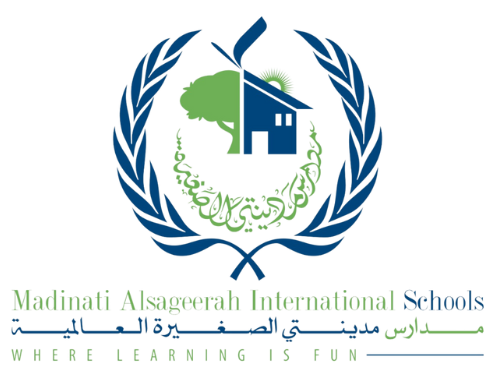
- Madinati Alsagheera
- Admission
- Parents
- Our Community
- Our Partners
- Outcome of our Devotion
- Thinking School Network
- Educational outcomes
- Madinati Alsagheera
- Admission
- Parents
- Our Community
- Our Partners
- Outcome of our Devotion
- Thinking School Network
- Educational outcomes
English